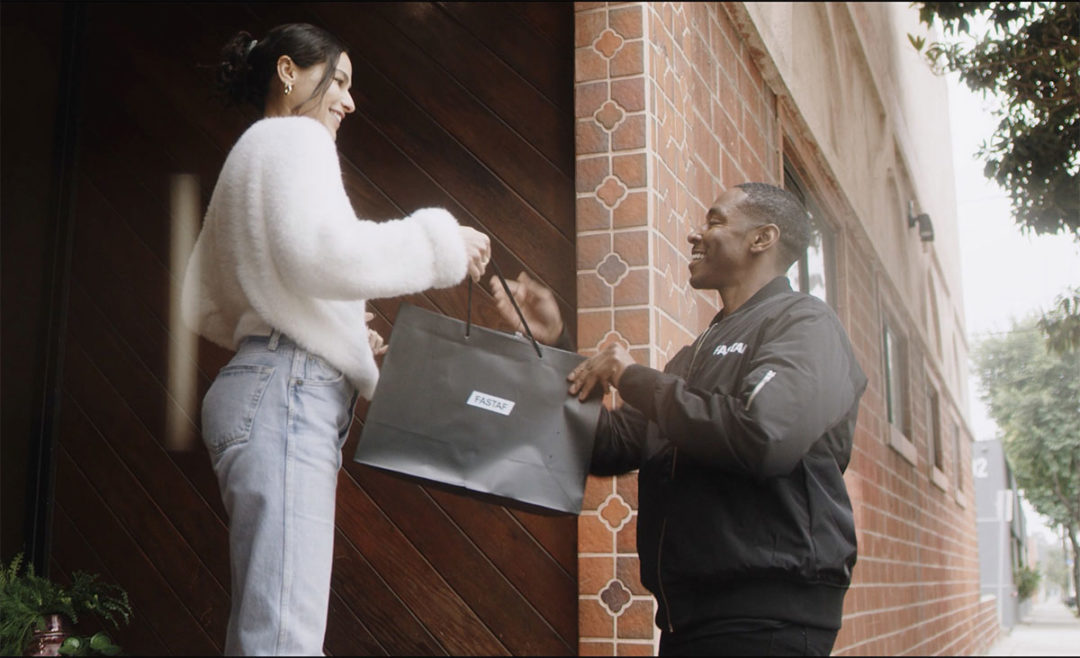How fast are they really?
“Quick commerce” startup says its speed cannot be described in terms suitable for a family publication.

The San Francisco-based “quick commerce” retailer FastAF says it is really fast. How fast is it really? We’ll get to that in a minute, but for now, we’ll simply note that the firm promises to deliver orders within its urban delivery areas in two hours or less (the service is free for orders over $35).
That performance is fast enough for the venture capital crowd, which backed the startup in December with a “series A” investment round that values the company at $200 million. Buoyed by that fresh capital, the firm spun off from its parent company, Darkstore, which operates microfulfillment centers that offer similar two-hour delivery service to retailers in New York, Los Angeles, and San Francisco.
FastAF offers a limited array of goods, saying the items in its “curated” catalog are healthier, better for the planet, and higher quality than mass-market goods or “corner convenience store” stock. “FastAF has distinguished itself from the other quick-commerce players by offering premium brands that our customers can’t get anywhere else with the same speed and convenience,” Founder and CEO Lee Hnetinka said in a release.
Now, about that name. This is a family magazine, so we can’t spell out the acronym in print, but any high school student can undoubtedly enlighten you. Or you could check this statement on the Darkstore homepage: “As for the company name: We value speed and how fast we can work. Everything we do at both Darkstore and FastAF is measured in speed as a core value; it’s woven into our DNA. We also wanted to speak to our target audience, so the name fits right into the current youth lexicon.”
Related Articles
Copyright ©2024. All Rights ReservedDesign, CMS, Hosting & Web Development :: ePublishing